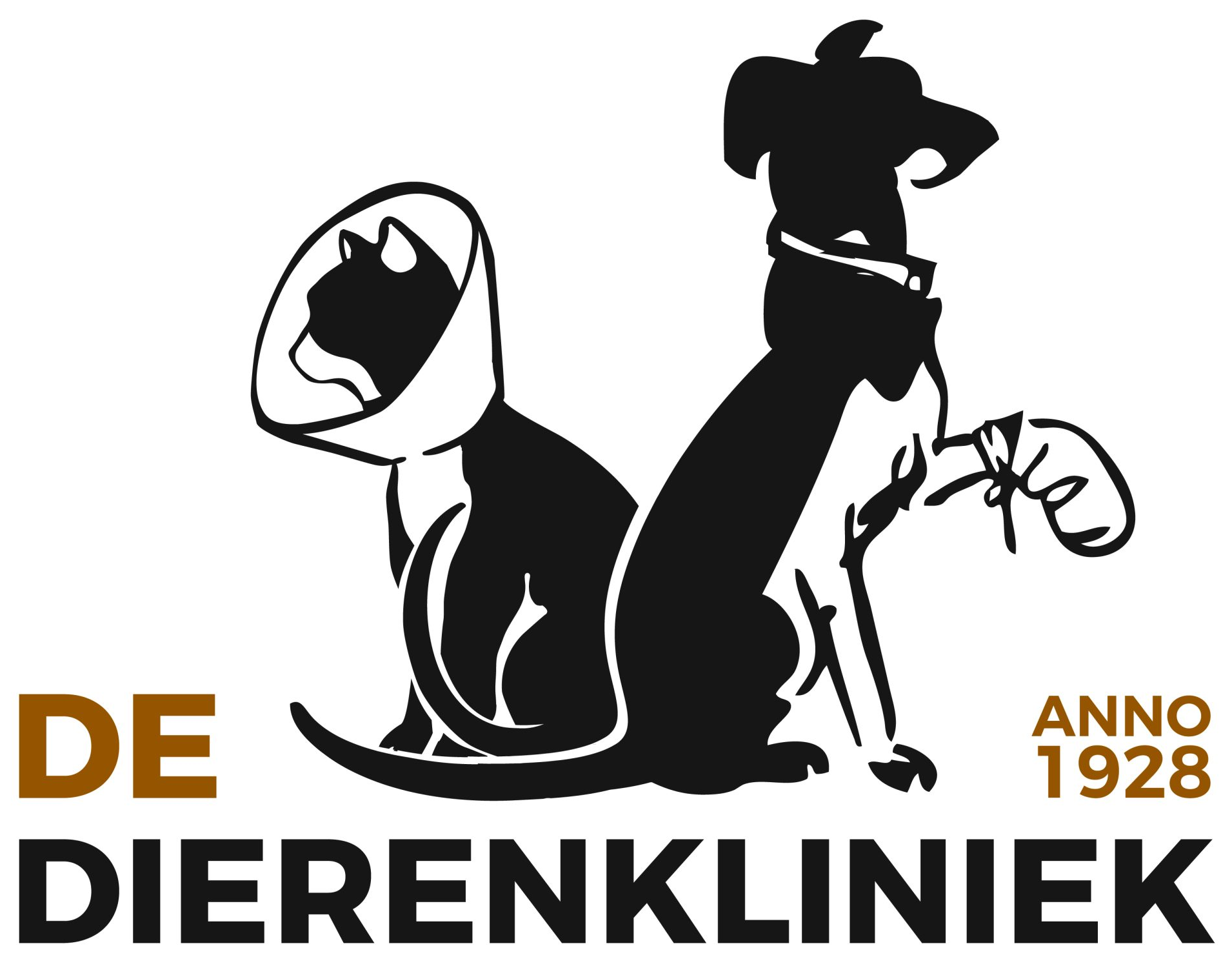Leishmania in dogs
What is leishmania?
Leishmania, or officially Canine Leishmaniosis, is a disease caused by the leishmania parasite. This parasite is transmitted through the sting of a sand fly.
Where is leishmania found?
The sand flies that carry leishmania are not found in the Netherlands, but in tropical areas, large parts of Asia and in countries around the Mediterranean Sea. In dogs in the Netherlands, we usually see it after they have been on holiday with us in countries such as Spain, Portugal, Italy and France.
Symptoms of leishmania in dogs
The clinical picture of leishmania in dogs varies greatly. Some dogs do not get sick, while other dogs can get seriously ill. The type of symptoms that manifest themselves also varies per dog.
The first symptoms that are often visible when infected with leishmania are:
- Enlarged lymph nodes
- Lack of appetite or not wanting to eat
- Weight loss and/or muscle breakdown
- Weakening
If leishmaniasis develops further, or is left untreated, the following symptoms may be seen:
- Skin problems and hair loss
- Nosebleeds
- Vomiting and diarrhea
- Inflamed eyes
- Kidney inflammation
- Enlarged spleen
- Blood in urine
- Joint complaints
How is leishmaniasis diagnosed in dogs?
The diagnosis of leishmania can be made in several ways:
- Blood test: a blood test (ELISA test) can determine whether there are specific antibodies. If the values are very high and the above-mentioned complaints are present, then the indication for leishmania is very likely. However, it can sometimes also be the case that the infection has indeed taken place, but it cannot yet be found in the blood. That is why the blood test is sometimes repeated later if leishmania is suspected.
- Tissue examination microscope: by taking a biopsy of, among other things, the lymph nodes or the bone marrow, it can be seen under the microscope whether the parasite is present there. This is sometimes also done via skin biopsies, but this is less reliable.
- Tissue examination PCR: a special laboratory examination of the lymph nodes or bone marrow increases the chance of detecting Leishmania and demonstrating the infection.
How do you treat leishmania in dogs?
Treatment
As mentioned earlier, a leishmania infection manifests itself differently in every dog and therefore the treatment depends on the symptoms in the dog and the abnormalities in the blood and urine.
The leishmania parasite itself cannot be completely eradicated, but we can suppress it by means of medication. The medication that is most often used for this in the Netherlands is Milteforan® and Allopurinol®.
In addition to treating the parasite itself, the damage that the infection may have caused, for example skin problems or joint complaints, is treated symptomatically.
Aftercare
Leishmania in dogs will never disappear completely, even if the dog can be free of symptoms. We therefore advise going to the vet twice a year for a check-up. During this check-up, a physical examination is performed and a blood and urine test. There is no re-testing for leishmania itself, since this test will always remain seropositive. However, it is good to look at the other values of the blood.
Prognosis
The prognosis for leishmania depends on the stage and severity of the symptoms. If the infection is in the early stages and you start treatment early, then this is generally favorable and many dogs can still have a good quality of life for years. If the infection is in an advanced stage and has already affected the organs, the prognosis is unfortunately less favorable. Dogs suffering from leishmania can therefore have a reduced life expectancy and experience chronic complications.
How do you prevent leishmania in dogs?
The best way to prevent leishmania in dogs is to treat them preventatively with anti-parasitic agents. For advice on this, please contact us.
Other tips for prevention include:
- Keep your dog indoors during twilight hours. Sand flies are most active at these times.
- Make sure that sandflies cannot enter your accommodation. So keep doors and windows closed or place screens or a mosquito net.
- In addition to anti-parasitic agents, you can now also vaccinate your dog against leishmania.
Do you have any questions about this topic? Or do you want to know if and what protection your dog needs? Then please contact us!

Travel advice
Is your pet traveling with you? At De Dierenkliniek we are happy to give you personal travel advice.
Read more

